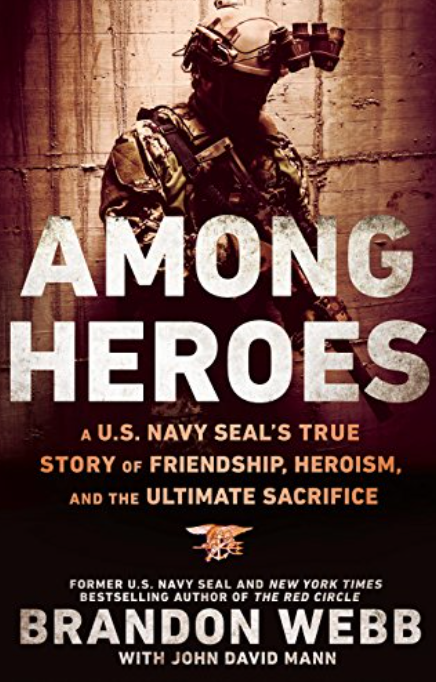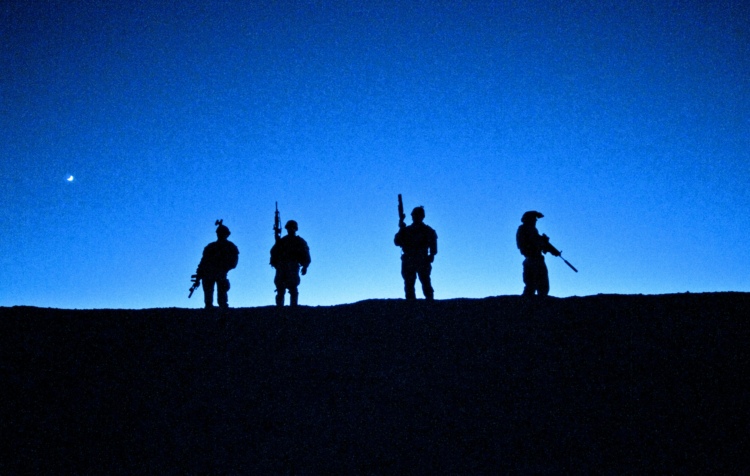When I joined the Navy in 1993 I was a fresh-faced kid, barely out of high school. Like most 19-year-olds, I thought I knew something of the world. I had no inkling of the struggles that lay ahead.
Nor did much of the country. The America of 1993 was a world quite different from what it is today. The Cold War was over, the Soviet Union had collapsed under the weight of its own obsolescence, and the deadly malaise now known as the Global War on Terror was barely a blip on the horizon. Nestled in their valley between those two epochs of global conflict, the 1990s seemed a golden age of peace and prosperity. In many ways, it was a time of fantasy and naiveté, and it would not last long. In the first light of the 21st century’s dawn, we would awaken to stark geopolitical realities. The very nature of war would radically change, and my friends and I would be on the front lines of the new warfare.
These were also the years of my passage from swaggering adolescence to a more sober, reflective adulthood. On the way, I would make a solid handful of my best friends in the world. Many of them I would soon lose.
It’s a strange place I find myself in these days. When I talk with people in their 80s or 90s, they describe what it’s like seeing so many of their friends vanish, one by one, and finding themselves progressively more alone in the world. That’s a normal part of the cycle of life, I know — but I’ve been having that experience for years, and I’m barely 40.
The U.S. special operations community is one of the fiercest and most experienced fighting forces the world has ever seen. But we have been at war now for well over a decade, the longest continuous state of armed conflict in our history. This has put an enormous stress on all the men and women in uniform, along with their families and friends.
The nature of today’s asymmetrical warfare has placed an especially heavy burden on our special operations community. Many of my closest friends in the SEAL teams are no longer here. They sacrificed everything, many leaving behind mothers, fathers, wives, and children.
At the same time, they also left behind powerfully instructive examples of living — models of what it means to be a hero.
Among Heroes

Among Heroes is the story of eight heroes whose lives intersected with mine during those years. These are men who gave their lives for their country and team. Men who gave pieces of themselves to me, and without whom I would not be the man I am today. I trained and fought with them, looked up to them, and learned from them. I miss them all terribly, yet at the same time, they’re here with me still.
“Leave no man behind” is the mantra of all special operations teams. The purpose of Among Heroes is to help ensure that these eight heroes are not left behind. Within these stories of friendship and character you’ll find the principles that guided these men in their lives, principles I have adopted in my own life and share with my children.
Already have an account? Sign In
Two ways to continue to read this article.
Subscribe
$1.99
every 4 weeks
- Unlimited access to all articles
- Support independent journalism
- Ad-free reading experience
Subscribe Now
Recurring Monthly. Cancel Anytime.











COMMENTS